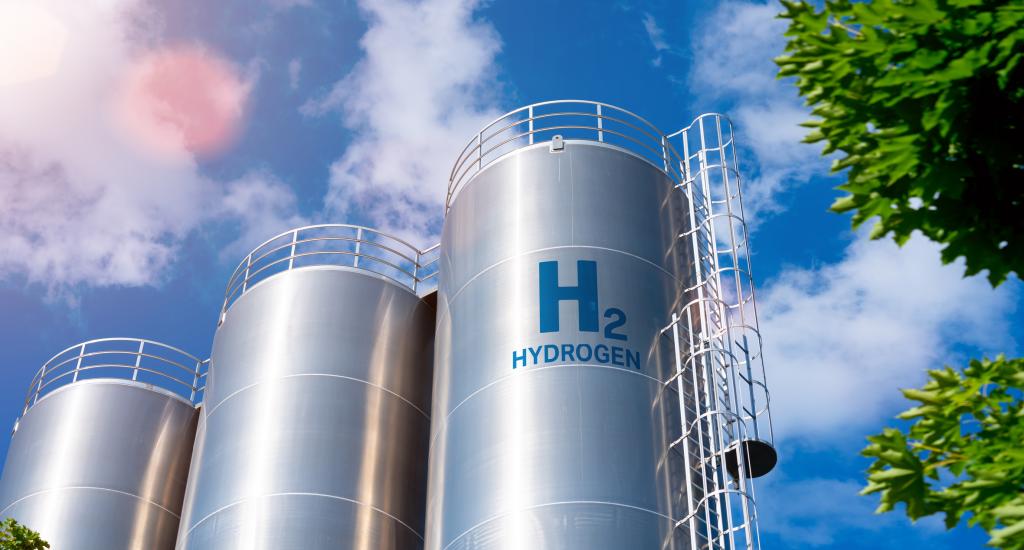The Bureau of Indian Standards (BIS), in collaboration with the British Standards Institution (BSI) and the UK Government’s Foreign, Commonwealth & Development Office (FCDO), organized a two-day India-UK Standards Partnership Workshop on Green Hydrogen in New Delhi. The move will help the two countries work in harmony toward developing common standards and frameworks for hydrogen production, storage, and use.
Global Standards Alignment
The workshop’s discussions emphasized the require for having harmonized global measures for green hydrogen generation. India is forcefully working toward becoming one of the major players in the green hydrogen segment, and aligning with worldwide benchmarks will help in attracting foreign investments and expanding trade opportunities. Masters from both countries shared their encounters on certification shapes, security measures, and best hones for proficient hydrogen utilization.
Strengthening India-UK Ties
This action is portion of the India-UK collaboration in renewable energy . The two countries had been actively strategizing for climate action, where the UK had been supporting the ambitious goal that India has embraced to achieve net-zero emissions by 2070. The workshop will focus on knowledge sharing, technology partnerships, and policy alignment for a smooth transition toward the hydrogen-powered economy.
Government Commitment to Green Hydrogen:
India has made rapid strides in the development of green hydrogen. The government, through the National Green Hydrogen Mission, aims to bring about an annual production capacity of 5 million metric tonnes by the year 2030. Standard setting and regulation will surely have a big role to play in scaling up—especially in reaching quality assurance for both domestic and international markets.
What’s Next?
The workshop has set the stage for further cooperation on the hydrogen sector between the two countries, with the next likely steps being in the direction of investment opportunities, research collaborations, and infrastructure developments that will now fast-track the adoption of green hydrogen. With the aim of cleaner energy solutions by both countries, such collaborative efforts will indeed go a long way in defining the future of sustainable energy.

